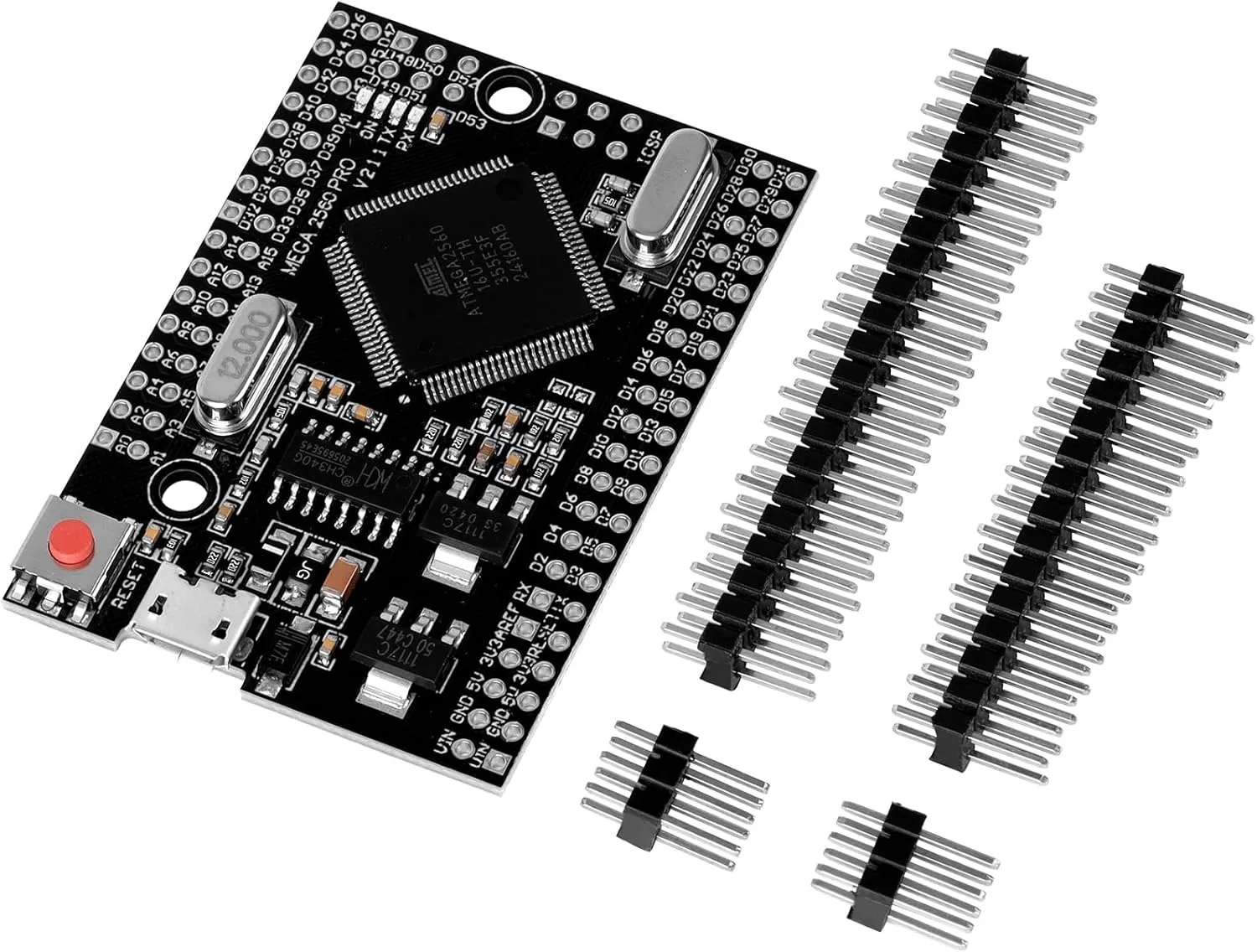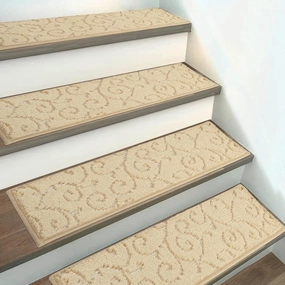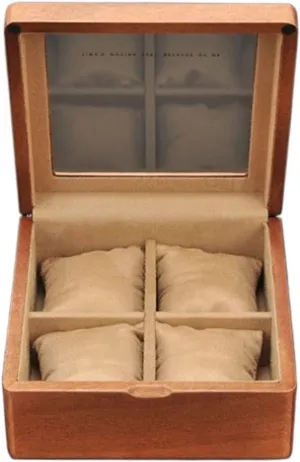- Embedded Mega 2560 CH340G/ATmega2560 - Compatible with Mega 2560 main board. Built on Atmel ATmega2560 microcontroller and USB-UART interface chip CH340G.
- The board size is compact and measures 38x55mm. This is a great solution to make your final project soldered on a prototype board
- The main board functions similar to the Arduino Mega 2560. It is an embedded main board, but it is equally stable and uses the original chip ATmega2560 (16 MHz)
- The board uses the chip CH340G as a converter UART-USB. Provides stable data exchange results when you work at a frequency of 12MHz (requires installation of drivers to the computer)
- Mega PRO (embedded) 2560 CH340G/ATmega2560 - connected to the computer via microUSB cable, flash memory: 256 KB, of which 8 KB is used by the bootloader; EEPROM: 4 KB; clock speed: 16 MHz
- It is possible to power the board or the pins via the MicroUSB connector. The voltage regulator (LDO) can handle input voltages from 6V to 9V (peak 18V) DC. The output current is 5V - about 800mA, 3.3V - about 800mA (note that the higher the input voltage, the lower the output current). This will provide reliable power for most of your initial projects.
Embedded Mega 2560 CH340G/ATmega2560 - Compatible with Mega 2560 main board. Built on Atmel ATmega2560 microcontroller and USB-UART interface chip CH340G
The board size is compact and measures 38x55mm. This is a great solution to make your final project soldered on a prototype board
The main board functions similar to the Arduino Mega 2560. It is an embedded main board, but it is equally stable and uses the original chip ATmega2560 (16 MHz).
The board uses the chip CH340G as a converter UART-USB. Provides stable data exchange results when you work at a frequency of 12MHz (requires installation of drivers to the computer).
Mega PRO (embedded) 2560 CH340G/ATmega2560 - connected to the computer via microUSB cable, flash memory: 256 KB, of which 8 KB is used by the bootloader; EEPROM: 4 KB; clock speed: 16 MHz
It is possible to power the board or the pins via the MicroUSB connector. The voltage regulator (LDO) can handle input voltages from 6V to 9V (peak 18V) DC. The output current is 5V - about 800mA, 3.3V - about 800mA (note that the higher the input voltage, the lower the output current). This will provide reliable power for most of your initial projects.












